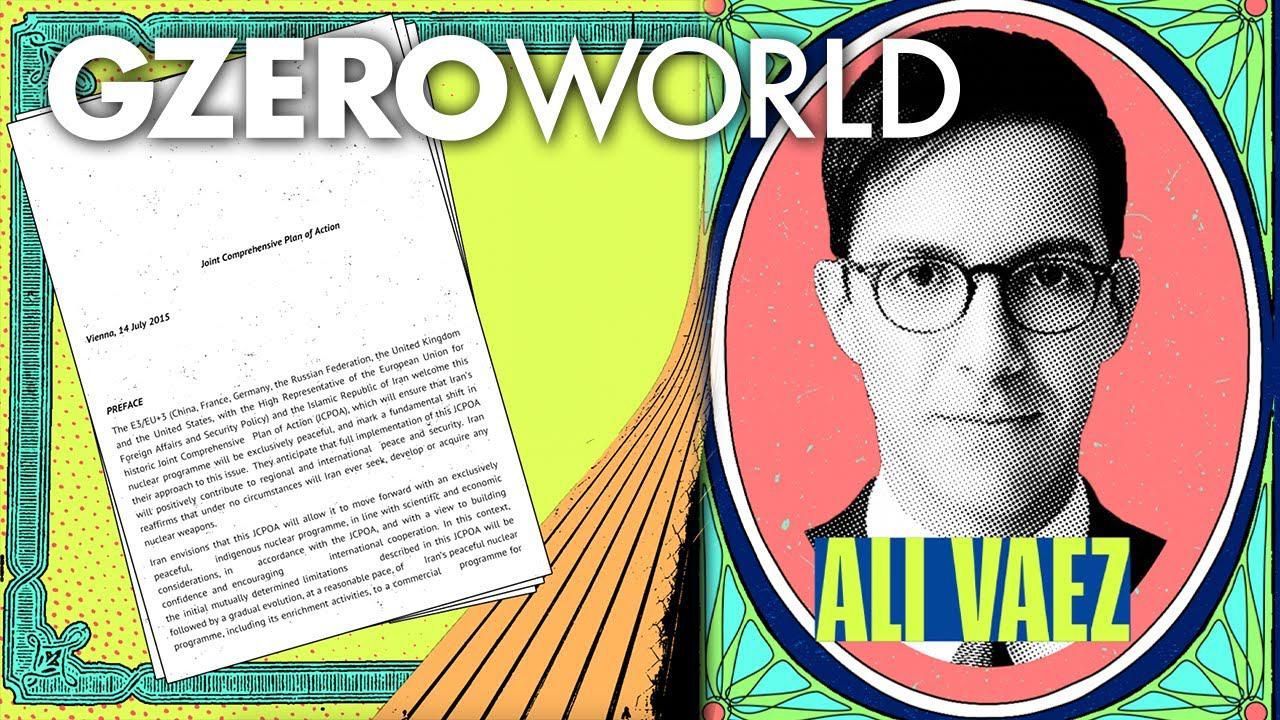GZERO World Clips
A new Iran nuclear deal is critical but not a sure thing, says Iran expert Ali Vaez

A New Iran Nuclear Deal is Critical But Not A Sure Thing, says Iran expert Ali Vaez | GZERO World

The Biden administration has worked hard for the US to return to the 2015 Iran nuclear deal, which former President Trump walked away from in 2018. On GZERO World, Ian Bremmer speaks to Ali Vaez, Iran project director at the International Crisis Group, who says the odds of renewing the deal in the short term are about 50/50. Now, reaching an agreement is more urgent than ever because Iran is closer to getting the bomb, Vaez explains, because the breakout time to enrich enough uranium for a single nuclear weapon is reportedly within weeks.
Russia's war in Ukraine has complicated things, and some fear that even if a deal happens, the US may withdraw again with a Republican president in 2025. Still, Vaez thinks the deal has become too big to fail for Iran, crippled by sanctions, and for the US; Biden will pay a political price if the Iranians go nuclear on his watch. Vaez also digs into Israel's strategic interest in a deal the Israelis have long opposed, and Russia's role in the negotiations with Iran.
Watch the GZERO World episode: Iran nuclear deal 2.0, or war?
In this "ask ian," Ian Bremmer analyzes Trump’s recent meeting with Zelensky and how close (or far) Russia and Ukraine are from a peace deal.
Syrian President Ahmed al-Sharaa attends the military parade of the Syrian army in Umayyad Square in central Damascus to mark the one-year anniversary of the fall of the Assad regime, on Dec. 8, 2025.
A year ago this month, Syria’s brutal dictatorship collapsed. There are signs of recovery, but sectarian violence threatens to undermine the optimism.